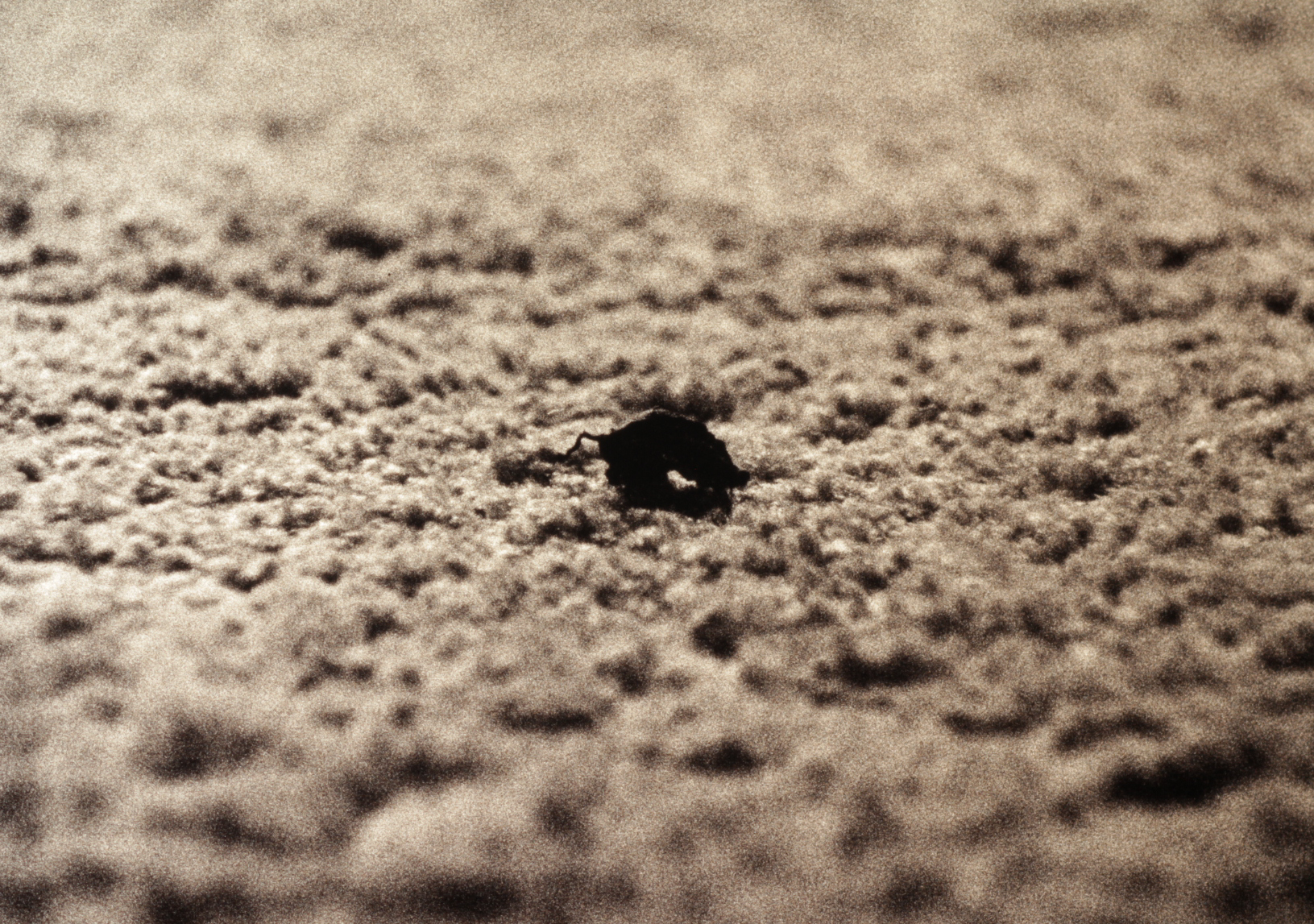
Abstract
Previously a staple of the home-movie business, the black and white reversal process (i.e. the process of rendering a direct-to-positive image without the need of printing) has become an integral part of the independent lab movement, favoured for it’s ‘bare-bones’ approach to film making with the only equipment demands being a camera, bucket and projector.
Yet, the process itself is one of the most complex of all photo-chemical procedures. This is because it requires a dedication beyond the scope of chemicals, times and temperatures; instead, all forms of the films production, whether it be photography or projection, must be carried out with a strict precision to achieve an images of remarkable integrity. Even than, however, it is more of a process of faith; one whereby the film maker and the film strip become entwined and inseparable — each one, an allegory of the other…
In this workshop, we will be exploring this process through discussions, screenings and hand’s on collaborations.
Attending the Workshop
This workshop will be occurring on September 13th, 2012 at Macky Auditorium on the University of Colorado, Boulder campus.
Due to the generous contributions of Sarah Biagini and Kevin Rice, this workshop will be free and open to the public, including the use of chemistry, film stock and film equipment. However, both space and resources are limited and therefore we can not guarantee that we will be able to facilitate all prospective participants. Therefore, it is in your best interest to contact us and reserve a space ahead of time.
There are no additional requirements for workshop attendance.
Frequently Asked Questions
Q: I’ve never worked with motion picture film before. Will that limit my experience?
A: No, experience with motion picture film is not necessary when participating in this workshop and we will try and accommodate as many questions you have before, during or after the workshop.
Q: I have some film I would like to bring into the workshop to work with. Is this okay?
A: We may not have enough time for everyone to process a roll in the workshop, but you may stay and use the facilities after the workshop to process your film.
Q: I would like to travel to attend the workshop, but I’m not certain if I can afford housing accommodations. Do you provide scholarship?
A: No, but we do have a pool of volunteers that are willing to help people with accommodations; however, it’s advised that you contact us at least two weeks before the workshop in order to secure permissions.
Additional Resources
- Workshop Agenda
- The Darkroom Cookbook (Steve Anchell)
- The Film Developing Cookbook (Bill Troop & Steve Anchell)



Leave a Reply
Want to join the discussion?Feel free to contribute!